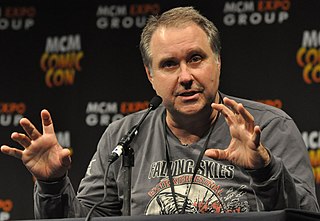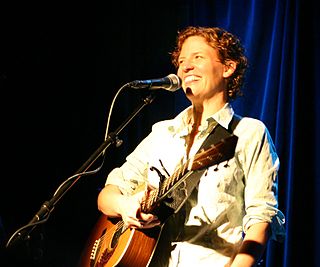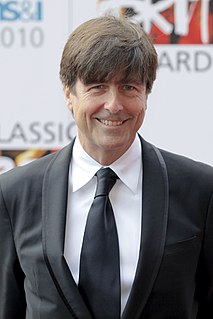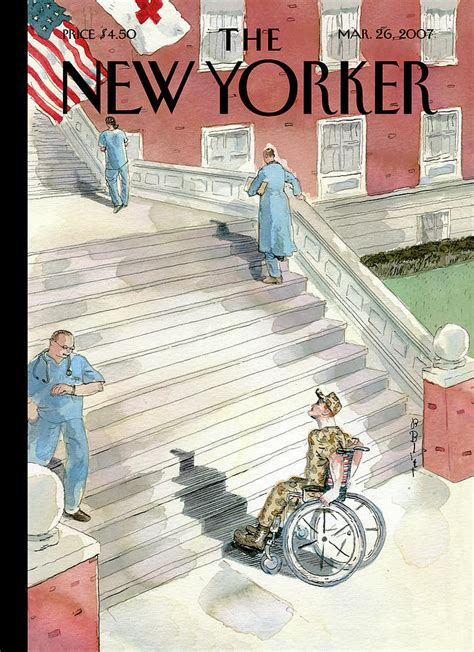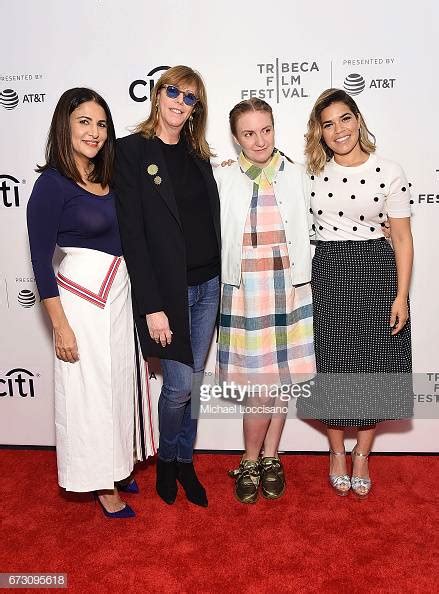A Quote by Dia Mirza
It's really the tone that people use to convey things sometimes that can either become a compliment or an insult. It's not always what you are saying, it's about how you say it.
Related Quotes
She'd tell me how she'd handle the backhanded compliment by smiling and pretending she was receiving a genuine compliment all the while ignoring their attempt to be insulting. After all, it's the way an insult is received that makes it an insult. You can't really give offense unless someone takes it.
There's been a lot of comparisons to "The Prisoner," and sometimes people take a negative tact on that, but to be really honest, I count that as a compliment, in the sense that what I felt "The Prisoner" was for the '60's, in how the individual triumphs over the state and authority, our show is really about how complacent we have become in our lives, which are scrutinized.
I want to convey that there is hope? that we're a world that is in turmoil but there is hope. I'm always amazed at how much love is in people's hearts even when they disagree about things. I think it's important for people to come together in music. It reminds me of the Margaret Mead saying, 'Never believe that a few caring people can't change the world. ' I think that's really true.
You can always hear a director saying, 'Well I don't really know what this piece is saying, so therefore, I reject it.' There are any number of things you can anticipate going wrong, and sometimes they go right. But I think the things you like most are the things that get rejected first. That's just how things work.
Listen: People are always saying, 'Rickey says Rickey.' But it's been blown way out of proportion. People might catch me, when they know I'm ticked off, saying, 'Rickey, what the heck are you doing, Rickey?' They say, 'Darn, Rickey, what are you saying Rickey for? Why don't you just say, 'I?' But I never did. I always said, 'Rickey,' and it become something for people to joke about.
I don't trust compliments. I've been getting them for years. Sometimes I deserve them, sometimes I didn't. But generally when people give you compliments there's one of two things wrong with them. Either they're false, or what's worse is they're sincere. They really mean the compliment. And then they're offering you their loyalty. And I'm kind of a stingy... Well, I don't necessarily want to give all that loyalty back. So either way, let's skip the compliments.
I'm always interested in how people, myself included, have ideas of themselves, of how they thought they would be, or of how they want to be seen. And the older you get, the world keeps telling you different things about yourself. And how people either adjust to those things and let go of adolescent notions. Or they dig in deeper.
You know, with the film industry crews, there's an odd mix between a very technical and a very artistic approach to the work, and sometimes as a woman you have to be a little bit careful about how things come out because people don't really want to listen if it's in a certain emotional tone or too strong.
There's a limit of any form of representation; it's the same about writing about visual art. I still think it's useful for people to think through things in a deeper way, and use adjectives even if they're not sufficient, you know? I always find it interesting what terms they use to refer to the work. It's always different, and that's kind of intriguing. Sometimes it's clichés, but often it's really creative ways of paraphrasing or reformatting what to mean seems something else. I like that, personally.
It's when people come at you on Twitter and say really crazy things. That's the kind of stuff that I insulate myself from. All of that is not very interesting or helpful, but we have critics who sometimes really love us or sometimes don't, and it's really interesting for me to see what they don't like about it.
Start listening to what you say. Are your comments and ideas negative? You aren't going become positive if you always say negative things. Do you hear yourself say"I could never do that","I never have any luck","I never get things right". Wow - that's negative self-talk! Try saying"I am going to do that","I am so lucky""I always try to get things right". Can you hear how much better that sounds?


